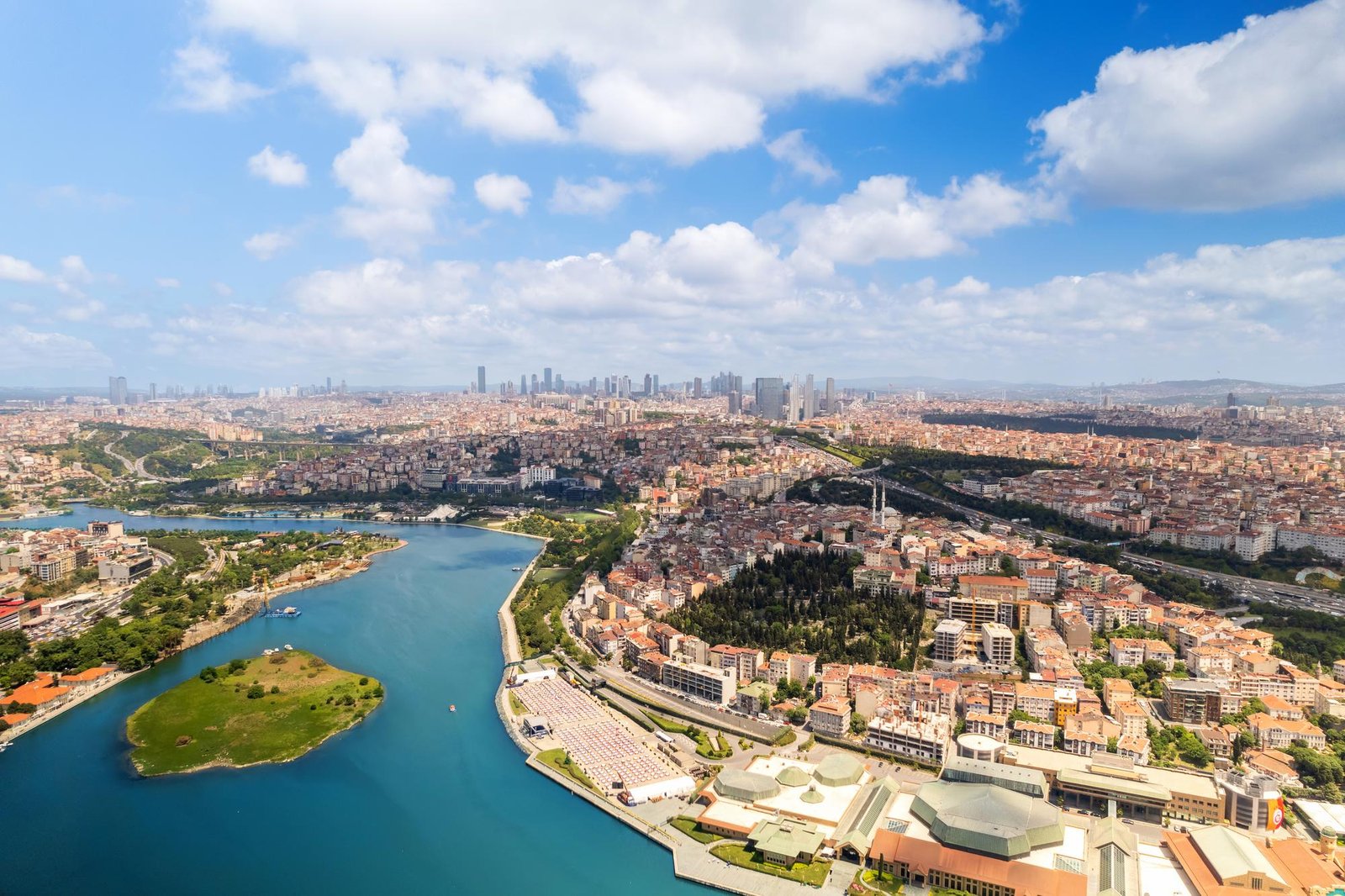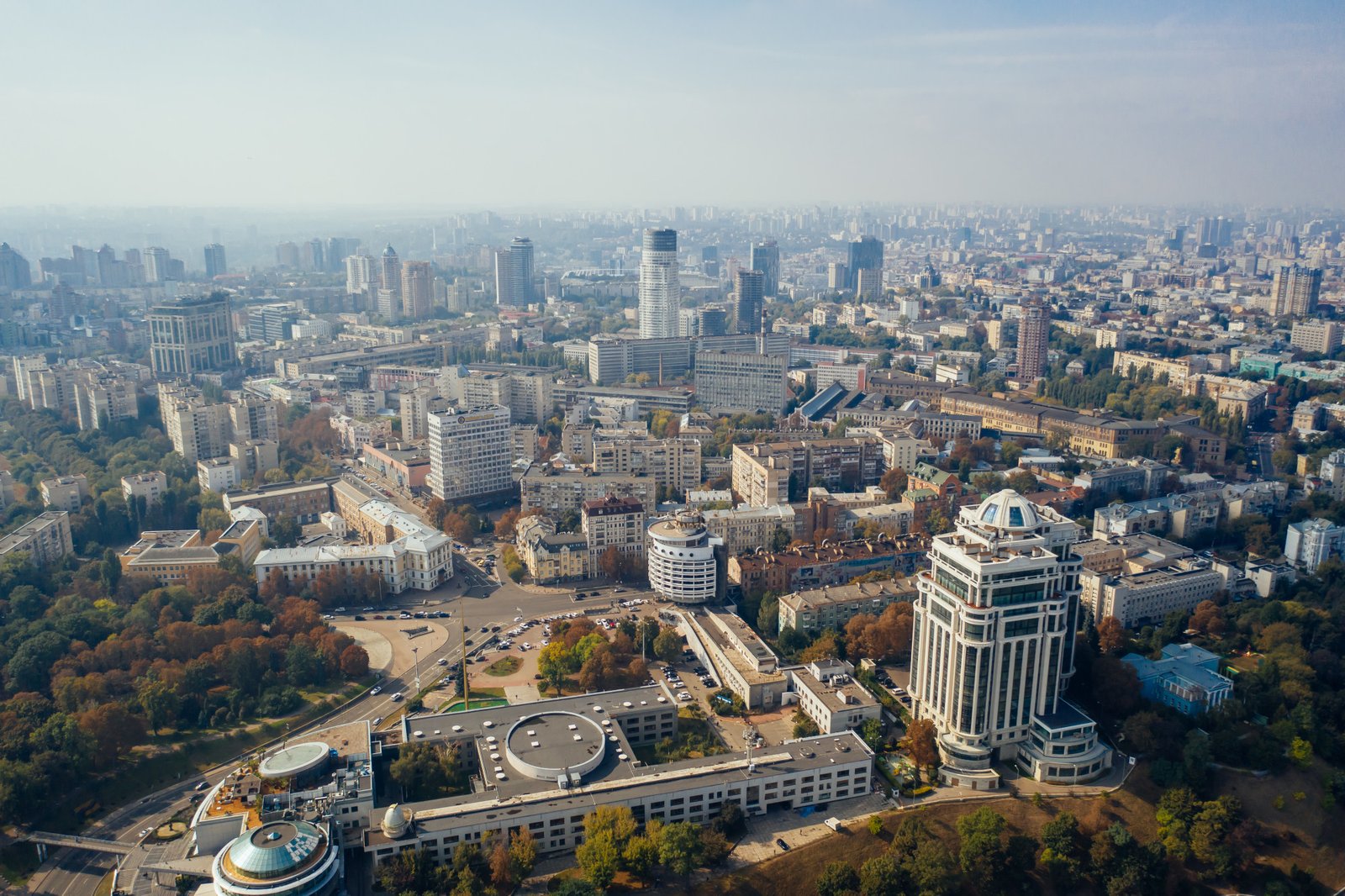
Given that one of the countries where human dignity historically has been protected, and a natural shareholder in peace constuction throughout the ages, the Netherlands own asylum system was conceived both by international conventions and European legislation, which claims to evaluate protection requests on an objective and equal basis. Nonetheless it is, very rarely. This post considers if and when human rights categories are relevant for claims for political cases of refugees netherlands drawing on the actual, professional experience of applicants and political consequences.
Legal Asylum Protection Framework in Netherlands
Main features of the legal framework concerning asylum policy in the Netherlands
THE 1951 CONVENTION, AND THE 1967 PROTOCOL on the basis of which a case refugees netherlands is: “ is outside his country of nationality and due to have well-founded fear of being persecuted for reasons of race, religion, nationality, membership of particular social group or political opinion and unable or because of that fear is unwilling to avail himself protection) from the protection of that country.”
- The Qualification Procedures and Directives on Reception (EU legislation).
- The Dutch Aliens Act 2000 (Vreemdelingenwet 2000), which acts as national law underpinning the procedure for evaluation of asylum and human rights netherlands requests and harassment control.
For these reasons they may be entitled to protection on one or more of the following grounds:
- Refugee status — International Law.
- Subsidiary protection: situation where an individual might meet really serious nighbourhood of suffered harm such as a war, torture or widespread abuses.
- Humanitarian protection may be given by Dutch authorities in specific or urgent situations which, however, do not come fully within the scope of any treaty.
How the Asylum Process Works
The Immigration and Naturalisation Service (IND) is in charge of examining asylum human rights netherlands applications. Most people come into the system via the Ter Apel Application Center, where an initial registration occurs including identification, fingerprinting, and a brief intake interview.
Generally, the whole process consists of:
- The rest and preparation period—up to 6 days for applicants to recover, make legal consultations, and understand the procedure.
- The standard asylum route (Algemene Asielprocedure, AA)—consists of a chain of steps for an 8-day period, including interviews, legal analysis, and the decision by the IND.
- The extended asylum route—applied in those cases judged to be complex and usually concerning the unclear identity of the applicant, missing documents, or finely nuanced pieces of evidence.
Asylum on Grounds of Human Rights
While political persecution is the most usual ground for asylum, broader humanitarian rights netherlands abuses are usually the foundation of the claim. These include:
- Torture, inhuman or degrading treatment (Article 3 of the European Convention on Human Rights).
- Threats to life or safety stemming from war, unrest, or the acts of a repressive government.
- Persecution on the grounds of gender identity, religion, or sexual orientation.
- Risk of illegal detention, unfair trial, or violence by the state.
Such claims are generally supported by personal accounts and must be coherent throughout the IND interviews. The greater the recognition given to a reasonable and convincing story, the less the presence of objective evidence is required.
Political Asylum in Depth
Political asylum refers specifically to the cases wherein people are persecuted for their political beliefs or acts. Especially typical are:
- Critics of tyrannical leadership.
- Investigative journalists and truthtellers.
- Activists or members of banned political parties.
- Protesters for interconnected reform and civil liberty.
A typical example would be a Belarusian or Iranian citizen who took part in pro-democracy demonstrations and now fears imprisonment or abuse. Such claims require past persecution and not the least a plausible threat of future harm.
Real-World Challenges and Systemic Barriers
Even with legal support, asylum solicitors encounter myriad procedural impediments in the Netherlands.
High Evidence Barriers
The questioning is set on establishing facts which are absurd or impossible to establish. Often, asylum seekers do not carry any identity papers or access to official documentation. This inability to corroborate their claims culminates into outright disbelief or rejection on the part of the IND even where genuine claims exist.
Credibility Assessments
The system lays emphasis on personal credibility. Impeccable records are imperative, so much so that the slightest inconsistency or memory lapse casts doubt on the applicant. This appears to be highly difficult for coming out officially political asylum seekers, since most activity is informal or secretive.
Delays and Prolonged Uncertainty
While the fast-track procedure is meant to cater to swift decisions, many netherlands cases of refugees end up drifting into the long track because of the complicated issues involved. Meanwhile, people spend days, months, or even years staying in shelters, uncertain if they would be permitted to stay or will be forced to leave.
Strained Reception Centers
The Netherlands have been criticized for their reception conditions in recent years. The center at Ter Apel has become an icon of the strained system, with many reports of overcrowding, lack of health care facilities, and inadequate living conditions.
Assumptions Based on Country of Origin
The government has compiled a list of countries deemed to be “safe”. If you are from one of these (e.g. Georgia, Algeria, Tunisia), your claim will be viewed with contempt unless you can prove extreme circumstance.
Notable Rulings and Impactful Cases
Several court netherlands case refugees serve to define the parameters of netherlands humanitarian rights as they are applied in asylum decisions:
- Azerbaijani Dissident (2019) – The applicant was granted asylum due to likely imprisonment on the grounds of his peaceful political endeavors, even though the applicant could not bring compelling documentary evidence.
- LGBTQ+ Asylum Precedents – It has been held by courts that an asylum seeker would not be expected to deny their identity to avoid persecution. This has thus strengthened the protections for those coming from anti-LGBTQ+ countries.
- Syrian War Cases – Many Syrians have been granted subsidiary protection because of general violence and instability, and not necessarily the need to prove individual targeting.
Legal Routes and Appeals
The refused asylum applications may:
- Appeal to the District Court within a short time frame.
- Request a temporary suspension of removal pending review of the appeal.
- Bring the case to the Council of State, the supreme authority on immigration matters.
- Legal aid for asylum seekers has become increasingly thin over time due to funding cuts and the demand for services. Many nonprofits and legal clinics have stepped in to offer assistance, particularly for unaccompanied minors and vulnerable adults.
Supporting Civil Organizations
Organizations like VluchtelingenWerk Nederland, Amnesty International, and Stichting LOS remain at the forefront of protecting the people in need. They serve to guide a person through the bureaucratic maze of the netherlands asylum and human rights application procedure, help prepare them for interviews, and offer emotional and legal support. They are also there to watch and oppose political negotiations that would infringe upon rights or contravene accepted standards.
In recent years, NGOs have resorted to public interest litigation, given media attention to ill-treatment in asylum centers, and facilitated the rescinding of harmful policy decisions.
Political Climate and Public Discourse
Immigration remains a contentious issue in the Netherlands. While a section of the society supports the right to netherlands asylum and human rights, many are becoming frustrated with the inadequacies of accommodation, integration woes, and suspicions of fraud. Right-wing parties have capitalized on this to push for tougher measures. Others, however, argue for an approach that is bigger on humanity and just to comply with international obligations.
Hence, in the Netherlands, the sanatorium method is frequently shaped as a political compromise that either waters down protections or delays needed reforms.
Future Outlook and Key Considerations
Dutch authorities are caught in this dilemma of maintaining their ethical and legal obligations on the one hand and dealing with practical constraints on the other. Among the emerging policy discussion topics are:
- The reform of the European asylum system, all in the name of burden-sharing by EU states.
- Decentralization of housing solutions aimed at alleviating pressures on central centers.
- Investments to improve fair and speedy decision-making processes







